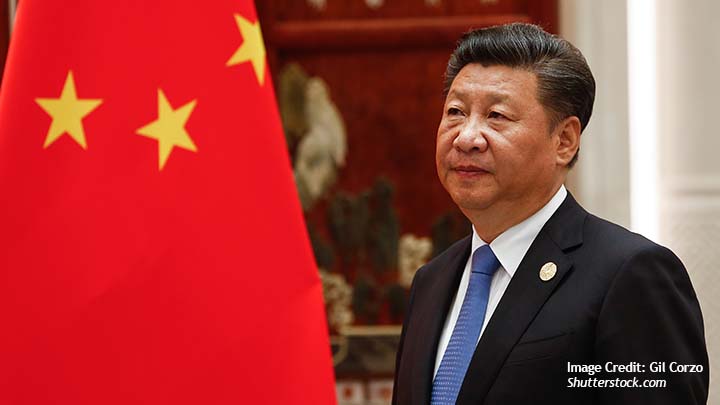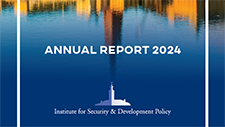How Will the 20th National Congress Change China?

Jagannath Panda
Although Xi Jinping has consolidated his power and crushed domestic dissent, China is shifting further inward toward totalitarianism and fast losing its carefully built competitive edge.
It may be a forgone conclusion that Chinese president Xi Jinping will be coronated for the third time since he assumed power in 2013 at the upcoming 20th National Congress of the Chinese Communist Party (CCP). Indeed, some would say that the sixty-nine-year-old “core” leader’s future path was set in 2018 when the National People’s Congress voted to abolish term limits for the presidency. However, at home, the cumulative effects of the sluggish economy, including energy and property crises, and public disenchantment with the CCP’s uncompromising “dynamic zero COVID” policy are taking a toll.
In the global arena, too, China faces new challenges—from growing transatlantic agreement that China is a “strategic threat” to uneasy ties with neighbors such as Japan and India. Moreover, the collapse of debt-ridden economies (e.g., Sri Lanka) has compounded concerns about Xi’s prized Belt and Road Initiative (BRI), while China’s escalating crisis with the United States over Taiwan has disturbed Xi’s path to the coronation.
Consequently, although Xi has consolidated enough power and crushed domestic dissent, his “China dream” of rejuvenation, prosperity, and modernization is cluttered with ideological hogwash—China is shifting further inward toward totalitarianism and fast losing its carefully built competitive edge.
With the CCP’s 20th National Congress set to delineate priorities for China’s political, economic, and diplomatic rejuvenation to revive its “Peking Model,” one can identify some critical characteristics going forward.




